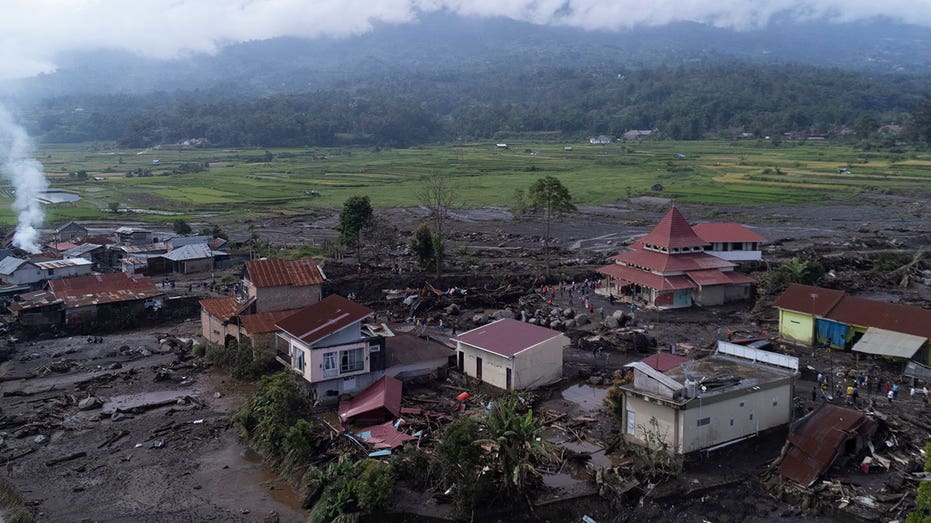A British tourist has plummeted 300 feet to his death in Austria while climbing an aerial ladder that is popular in Instagram photos, reports say.
The 42-year-old — whose name has not been publicly revealed — plunged into a valley in the Dachstein Mountains near Salzburg, Austria, last Tuesday, according to the Mirror.
The website reported that two helicopter crews and multiple police officers rushed to the scene after the man fell off the end of a 120-foot-long ladder known as a via ferrata, which climbers can traverse between cliff faces.
The individual reportedly was alone on the ladder, and those investigating the fall have ruled out third party negligence as a cause, The Mirror also said.
COLORADO SOLO CLIMBER, 29, FOUND DEAD AT OFFICERS GULCH IN SUMMIT COUNTY, OFFICIALS SAY
“According to the conclusion of the police investigation, it is clearly an accident,” the website also quoted a police spokesperson as telling The Daily Mail.
The ladder on the Grosser Donnerkogel mountain, which has an elevation of 6,739 feet, is described on a Dachstein tourism website as being the “ultimate adrenaline kick” and the “highlight of every climbing tour.”
“The new 40-metre panoramic sky ladder is the new TOP attraction [in] the Zwieselalm [region] for climbing enthusiasts. Free-floating, the 40-meter-long sky ladder takes you over a deep gorge up to the ‘Donnermandel’. Pure thrills!” it continues.
“In addition to an adrenaline kick, the climbing tour offers a fantastic view of the Dachstein Glacier, the surrounding mountains and the entire Gosau Valley,” the website also says.
SCOTTISH CLIMBER, 80-YEAR-OLD, DIES AFTER FALLING FROM 3,000-FOOT MOUNTAIN
In 2020, gymnast Stefanie Millinger, who describes herself as an “extreme athlete” on her Instagram account, posted a video online of her hanging onto the ladder with just one hand while performing.
AVA, an excursions company that offers via ferrata hikes in Colorado, says the ladders allow “people with limited mountaineering experience to traverse mountainous areas that would otherwise be challenging or inaccessible.
“For this reason, they are commonly found in alpine regions, especially in Europe and North America,” it says. “Via Ferratas can vary in length, with shorter routes only taking around an hour, and longer routes demanding more time and physical agility.”




